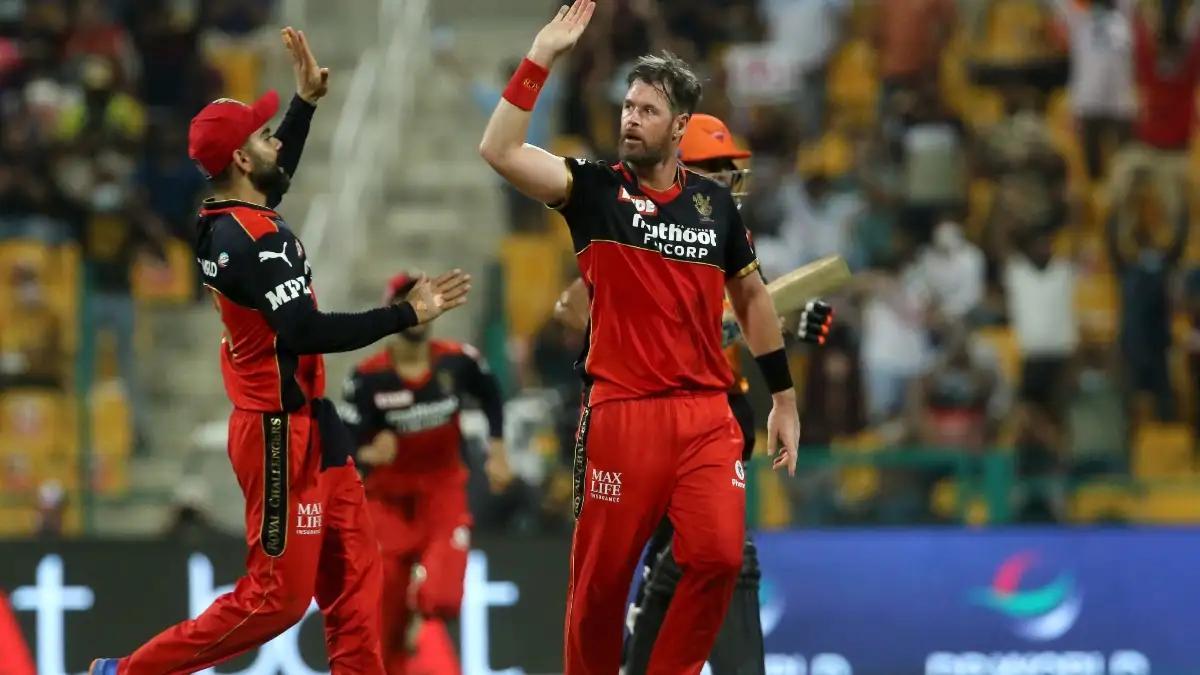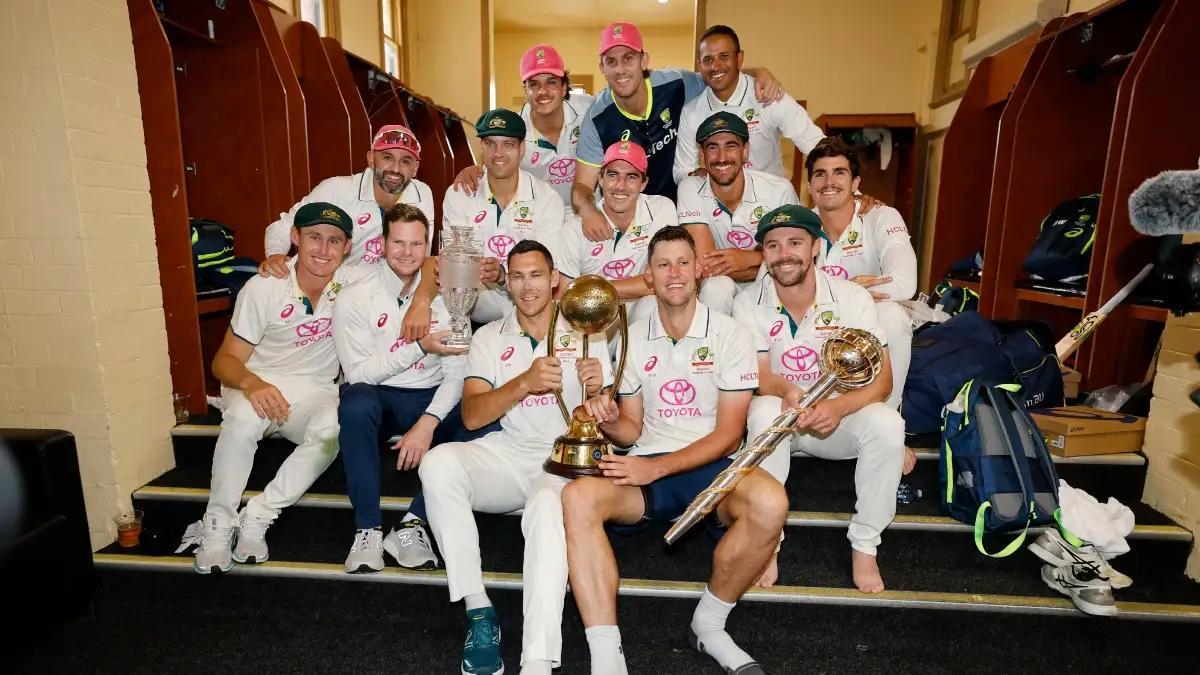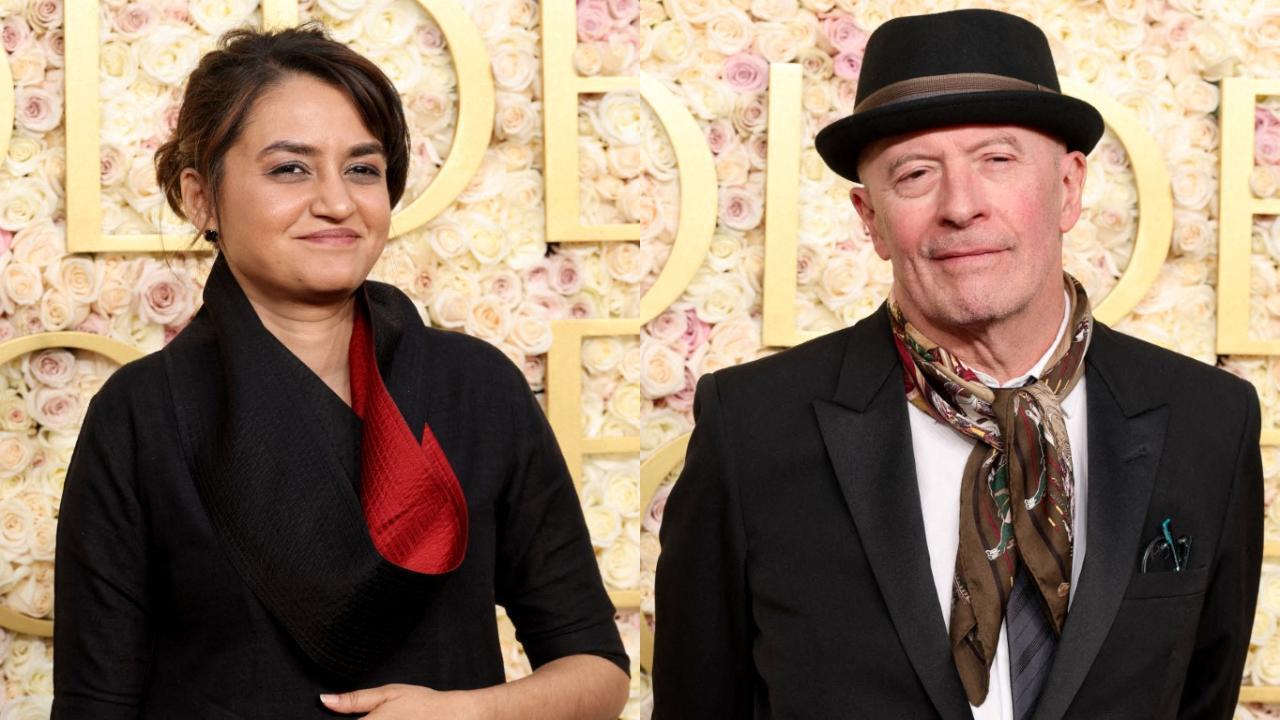
In a swiftly developing debacle over film censorship, the much-anticipated movie “The Apprentice,” which centers around the formative years of former US President Donald Trump, has unexpectedly not made its slated debut in Indian theaters. Directed by renowned filmmaker Ali Abbasi, the movie features Sebastian Stan taking on the role of young Trump, while Jeremy Strong portrays his controversial mentor, Roy Cohn. The film was originally set to hit Indian screens on October 18, 2024, yet has faced unforeseen delays brought about by the demands of the Central Board of Film Certification (CBFC).
In a move that has drawn significant backlash from both the creators of the film and the public, the CBFC has requested certain cuts to the movie that the filmmakers are adamantly refusing to make. The demand for edits has been met with resistance from Abbasi and his team, who claim that the scenes flagged for removal are integral to the film’s narrative. In a public statement, Abbasi has been vocal about his frustration, referring to the situation as indicative of a pervasive problem in the film industry worldwide.
Expressing his dismay on the social media platform X, Abbasi stated, “I don’t know what the hell is wrong with these people! I ran away from Iranian censorship only to meet corporate censorship of the US. Now India! Really? Censorship seems to be an epidemic at the moment. We need a VACCINE!” His comments highlight a growing sentiment among filmmakers against what they perceive as increasing interference in creative expression by various governing bodies globally.
The controversy primarily revolves around the portrayal of explicit content in “The Apprentice,” with particular focus on a scene depicting an alleged incident between Trump and his former wife, Ivana Trump. According to reports, the scene in question involves Trump forcefully engaging with Ivana, leading to concerns from the CBFC regarding the depiction of sexual violence. Despite the censorship demand, the filmmakers organized a private screening of the unmodified version in Mumbai on October 16, 2024, for a select audience, a move that further fueled discussions around artistic freedom and censorship.
.
In light of this situation, comparisons have been drawn to previous instances of film censorship encountered in India. Recently, the CBFC was embroiled in controversy over the release of “Monkey Man,” an action-thriller directed by and starring Dev Patel. Though not officially banned, the political themes portrayed in the film were reportedly behind its stifled release, adding to a series of similar incidents that put the spotlight on India’s censorship policies.
Further provoking the rhetoric surrounding the film is the vehement reaction from Trump’s legal team. They have called “The Apprentice” a, “garbage” representation and labeled it “malicious” in intent, with Trump himself denouncing the film as a falsified account of his early life. These statements from Trump’s camp have only heightened the tension around the film, adding another layer of public interest to its already controversial status.
“The Apprentice” initially drew attention after debuting at the prestigious Cannes Film Festival. It showcases Trump’s rise to prominence, navigating the fast-paced world of New York real estate and rubbing shoulders with the elite, all under the tutelage of the legendary but controversial lawyer Roy Cohn. The film features Maria Bakalova as Ivana Trump, chronicling the ups and downs of their high-profile relationship.
The situation with “The Apprentice” underscores a significant struggle within the entertainment industry, as filmmakers like Abbasi battle to preserve their artistic vision in the face of regulatory hurdles. As debates over censorship continue to ripple across the film industries in various countries, impassioned voices on both sides strive to make their cases heard in an ever-globalizing cinematic landscape.
With the film’s fate in India still uncertain, the coming days are likely to see further developments, both in legal terms and within public discourse, as stakeholders await the next decisions from both the CBFC and the film’s creators.










